Exploring teenage mental health through More Than This
Dr Michael Carr-Gregg
21 Nov 2022
One of my favourite movies of all time is the 1986 John Hughes movie Ferris Bueller’s Day Off. It’s the one that cuts through the typical adolescent sentimentality to reveal a truth about adolescence, parenting, and the prevalent American cultural values as well as being a bit of a cinematographic love letter to Chicago.
The coming-of-age film is part of a film genre which follows the lives and times of young people, typically middle and late adolescents. One of the reasons these movies work is because the journey from childhood to adulthood provides a variety of plot lines, as adolescence tends to be a peak period for risk taking behaviours, depression, anxiety, self-harm and substance use disorders.
Before Covid-19 turned our lives upside down, mental ill health was the principal source of burden of disease for people aged 12–25 years. The data shows that at least half of all young Australians will experience mental health problems of some type and it seems as if the wellbeing of young people has been steadily undermined in recent decades by a cluster of risk factors.
New research shows that our adolescents have been one of the most adversely impacted groups as far as the global pandemic is concerned. Pulled from school and isolated from their peers during lockdowns, teenagers lost the opportunity to explore and establish their identities – a crucial step in the journey from child to adult. Rates of admission to emergency departments soared for teenagers presenting with depression, anxiety, eating disorders, suicide ideation and self-harm.
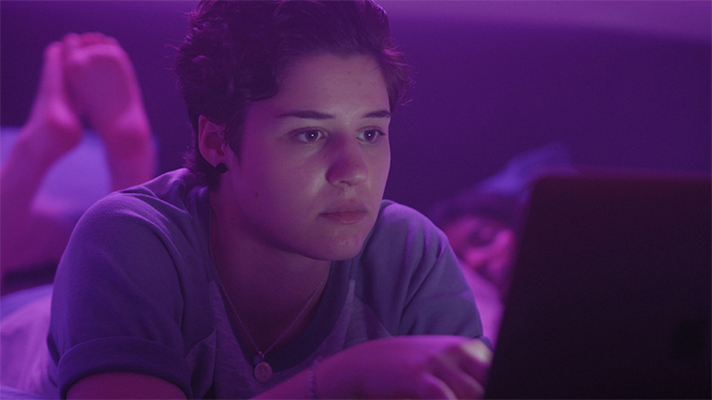
Given this landscape, and as a former board member for the Australian Children’s Television Foundation (ACTF), I was excited to be able to throw my support behind the ACTF’s investment in a ground-breaking series written by teenagers, for teenagers, which is now streaming on Paramount+.
More Than This tackles many important issues facing Australian adolescents today. The series follows a group of teenagers as they navigate Year 12. It delves boldly into issues including bullying, self-harm, substance use, disordered eating and online harm, while exploring a variety of parent-teen relationship dynamics which will resonate with many viewers.
Aged 17 at the time, Australian actor Olivia Deeble began developing More Than This out of frustration at the lack of authentic on-screen teen stories. She collaborated with friends and peers to create a story that reflects the true contemporary Australian teenage experience.
The result is a very real, gritty and powerful series which reflects the diversity of the suburban Australian public school environment in terms of race, gender identity, sexual orientation and socioeconomic background.
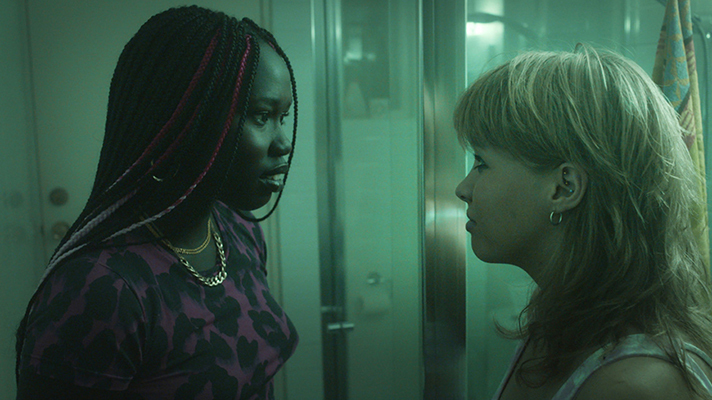
There are many important themes and storylines in this series. One plotline involves naked images of a student being shared online – a very real risk for young Australians. More Than This addresses the impact of online harm on both the subject and the perpetrator.
Importantly, More Than This shows that there is no such thing as a perfect parent, with a series of dysfunctional parent-child relationships. Just like the Brady Bunch, the picture book family that society idealises does not exist. I believe that teenagers and parents alike will gain comfort and insight from seeing these flawed parent figures and imperfect family units and relationships.
One of the most noteworthy elements of the series is the representation of LGBTQI+ characters. The gender identity and sexual orientation of the characters are simply a part of who they are, not the focus of the storyline. This is an important and powerful element of the series. Other teenagers who identify as queer or nonbinary can see themselves on screen and see that how they identify is not their only defining characteristic, or even an issue. This is reflective of a modern school environment: gender identity and sexuality are much more of an issue for adults who were brought up in a generation where these issues weren’t discussed.
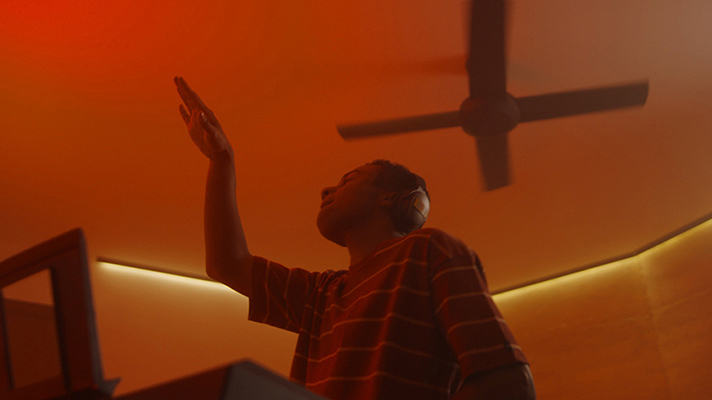
From a psychological point of view there is significant value for marginalised young people to see characters that they can relate to depicted on screens, as they experience recognition and affirmation. The characters and stories help them to imagine all the possibilities for someone who looks and sounds like them and helps them realise that they are not alone.
Bullying, body image, homophobia and the like are universal issues facing all teenagers. There’s no magic formula to make these issues disappear – the only way to deal with them is to equip our children with the emotional resilience and practical strategies to tackle them when they appear.
Screen content that accurately and authentically reflects the modern-day adolescent experience has never been as important as it is right now as so many teenagers battle mental health issues. The Australian Children’s Television Foundation hopes that parents will watch this series with their teenagers and use it as a conversation starter. More Than This is an opportunity for parents to let the young people in their lives know that their child can turn to them in a time of crisis.
Ferris Bueller made it his mission to show his friend Cameron that the whole world in front of him was passing him by, and that life can be pretty sweet if you wake up and embrace it.
More Than This graphically illustrates that thirty-six years later, Ferris and Cameron’s journey to adulthood is now much more complex and that all young people will benefit from being around charismatic adults who appreciate the challenges they face.

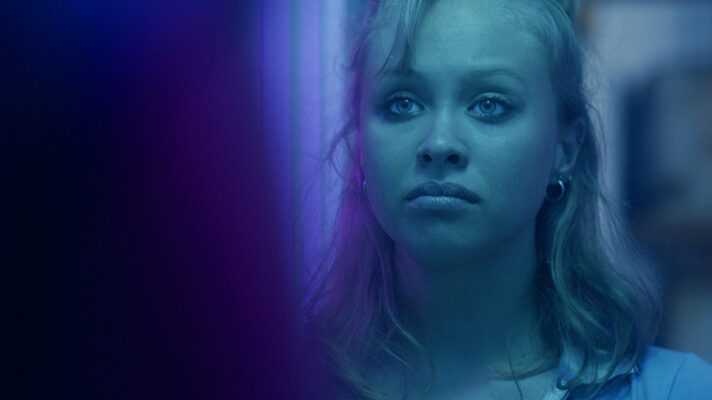
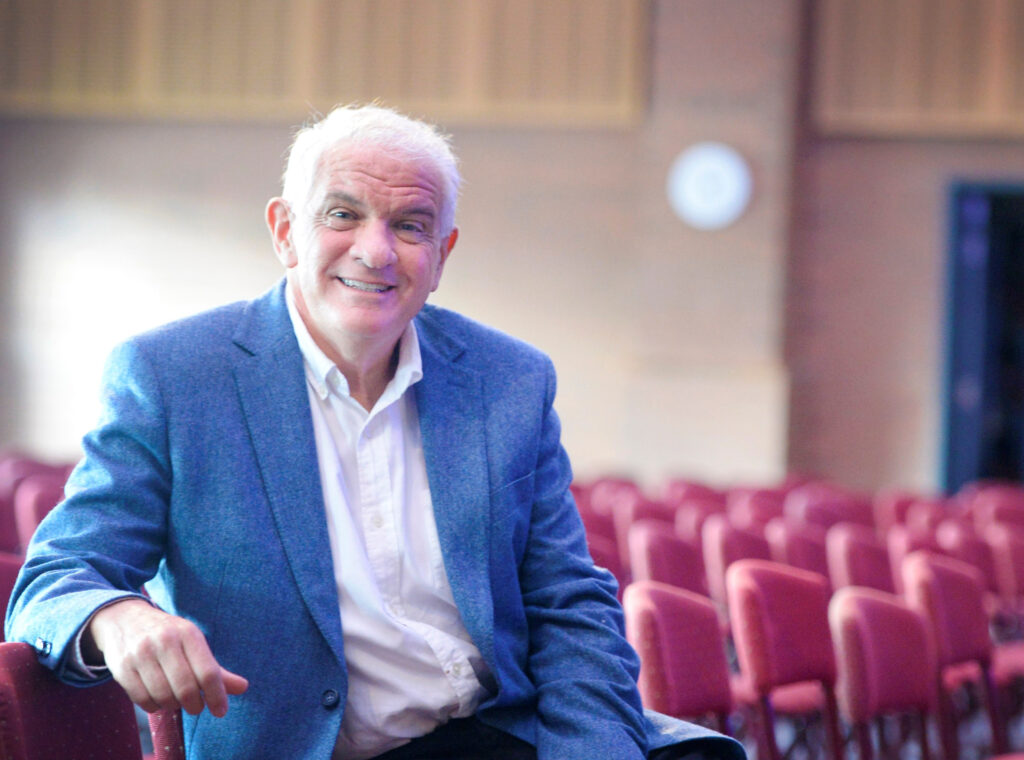
Comments
Comments for this post are open.